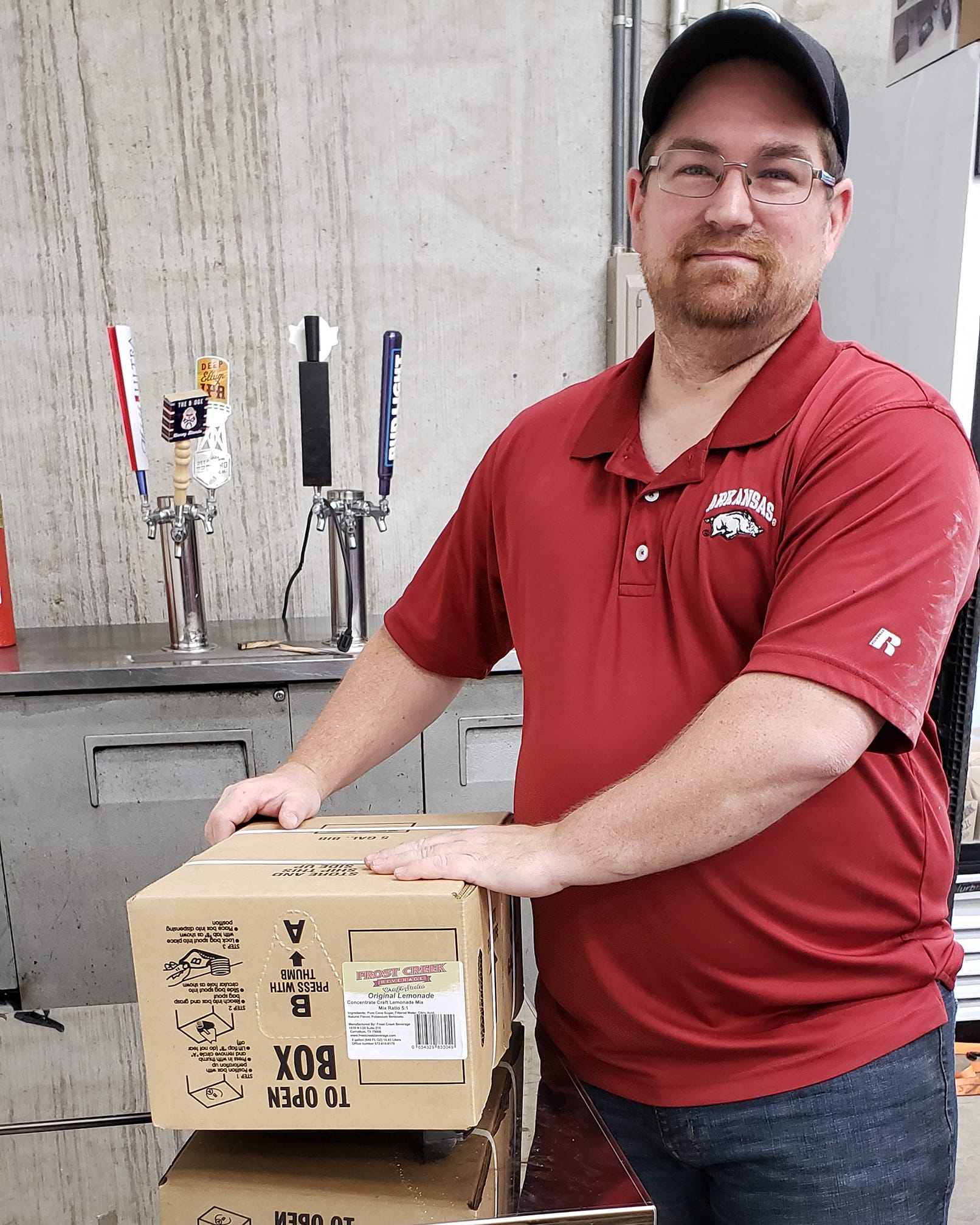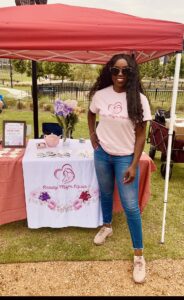
There’s something weirdly satisfying about hearing the pop in a cracked open can of soda or watching the bubbles float to the top of a fountain drink. A lot of Americans can relate to this fascination and can even recall childhood memories of drinking their first soda. This lifelong connection to a product continues to be highlighted in reports like the “COVID-19 Impact: Consumer Spending Tracker”, comprised by the Chicago-based Information Resources Inc. and the Boston Consulting Group. In this April 23rd 2020 issue, data showed that regular soft drinks had stable growth with sales up 8.7% for the week ending April 19th, while low-calorie soft drinks posted a 9.7% increase. But if the demand for these caffeinated products isn’t the key issue, what about the supply? That’s where multiple logistical issues have popped up during this global pandemic, with the most recent victim being Dr. Pepper. In an August 10th tweet, the Plano based company acknowledged shortages of its product in various markets and promised to speak with its distributor partners. This brings up various questions about soft drink manufactures in terms of their supply chains, diversification, and customer base. I reached out to Eric Lovell, CEO of Forest Creek Beverage, to discuss what is happening with soda during these wild times.
Hello Eric, what steps has the company been making to ensure quality health standards for its employees during COVID-19?
Our operation has adapted to the state’s mandates in our day to day, doing more online sales and marketing than we ever have done in the past. We worked from home for those that could, masked up, social distanced, sanitizers are everywhere and contactless delivery.
There has been recent headlines of various beverages becoming empty on supermarket shelves due to potential aluminum can shortages, CO2 carbonation shortages, and citizens stockpiling product. Has your company had to deal with logistical complications like this and were any key lessons learned in the process?
Fortunately, we have not experienced these shortages on our soda side. We have heard of them as a possibility, but have not been affected by them, however our plastic bottle products that we produce daiquiris in did see a 6-month lead time. We had to purchase a years’ worth to make sure we had our allocation.
With Texas restaurants still having capacity guidelines in place, has your business needed to adapt to new locations or have the restrictions had little effect?
We have felt the restrictions all through the company. We are a business that 90% of our revenue comes from servicing the bar and restaurants. Because of that, it has forced us to be more innovative and developing things we were not selling yet. Teas, daiquiri to go products, Functional waters etc.
Beverage distributors like Coca-Cola and PepsiCo have regularly diversified from soft drinks due to rising health trends. Most recently was Coca-Cola’s creation of a coffee flavored soda and Pepsi’s acquisition of Rockstar Energy Beverages. Has COVID-19 highlighted the importance of having a diverse line of flavors, products, or services for your company and will this continue post-COVID?
What I have noticed from these companies is they loose market share every year but grow as a company. They do this by buying and developing other companies or brands that are not soda. Both big soda companies tried to answer the craft soda expansion into their market by creating Stubborn and Blue Sky soda and marketing them as a craft soda trying to fool the consumers. The best thing about Coke and Pepsi is they will never make a product in their soda category that is better than their flagship products, but craft soda companies can and will continue to shrink that market share over the years.
What has been the key selling point on why a business should switch to craft sodas like your company?
We have been successful due to the service we provide, a great tasting product with natural sugar in the same format as the big soda companies for a far less price with better service and personable attention. The accounts that we talk to are beat down by bad service and slow deliveries. If you have a comparable product, great prices and amazing service, you cannot fail.

